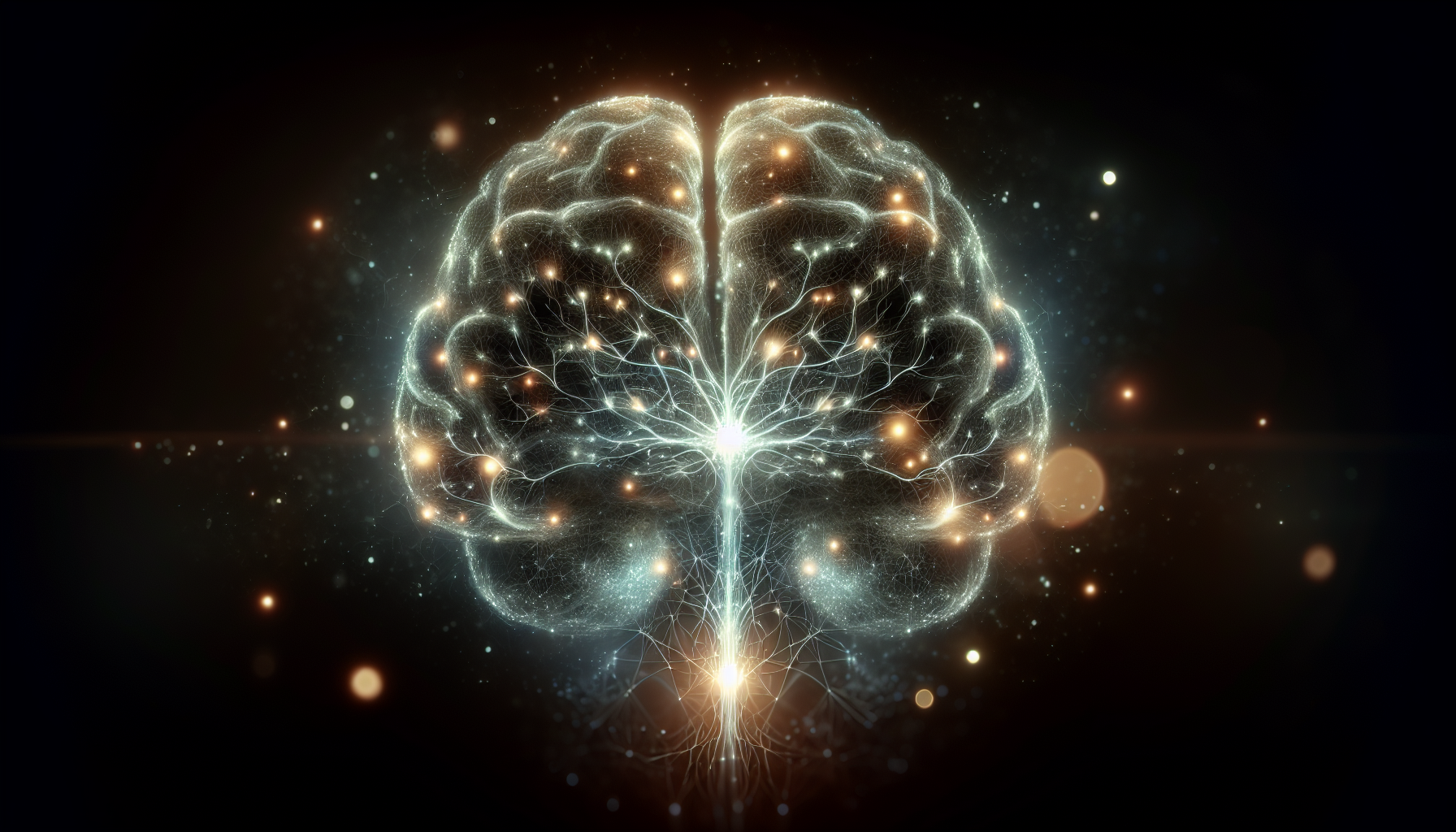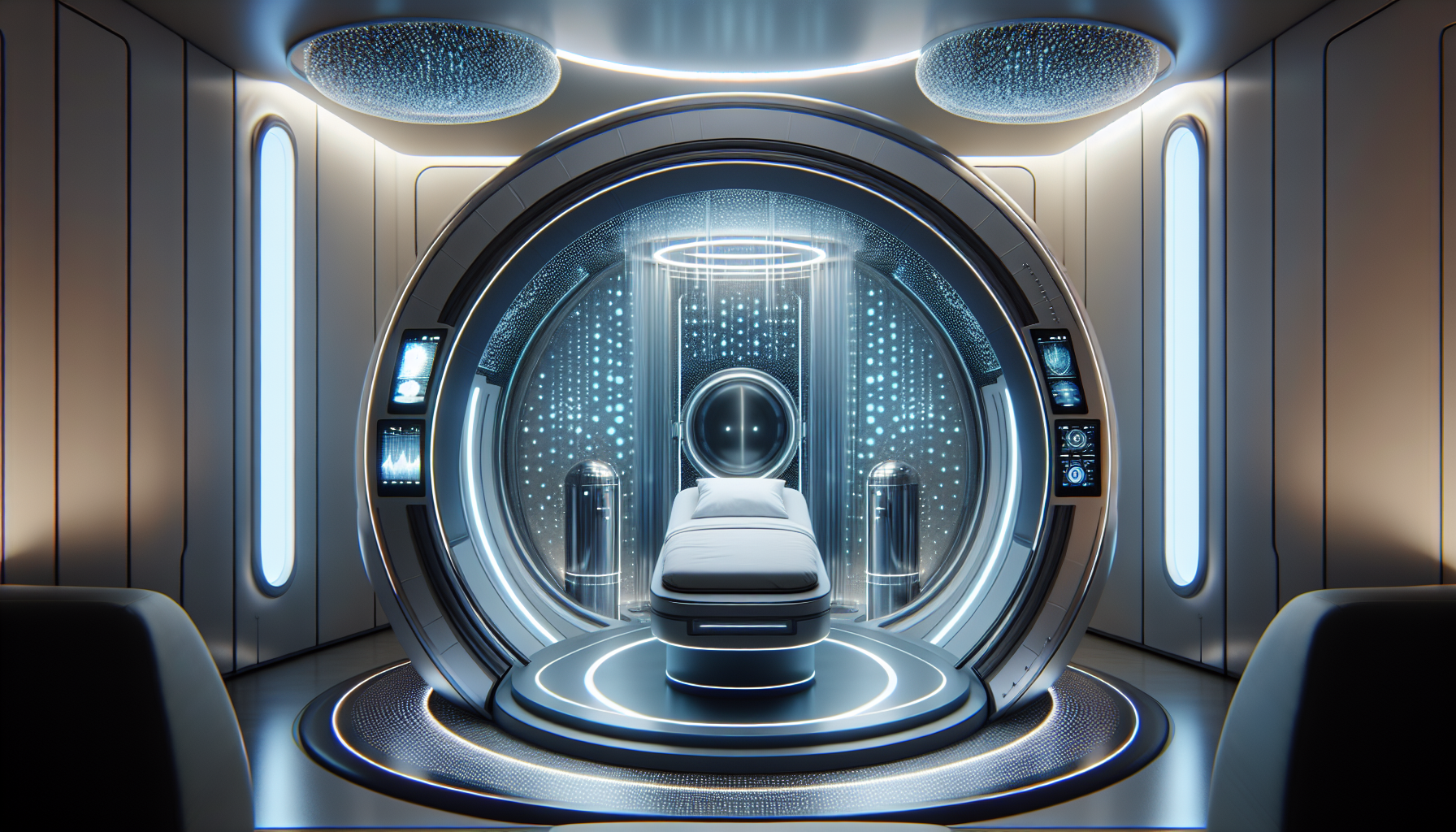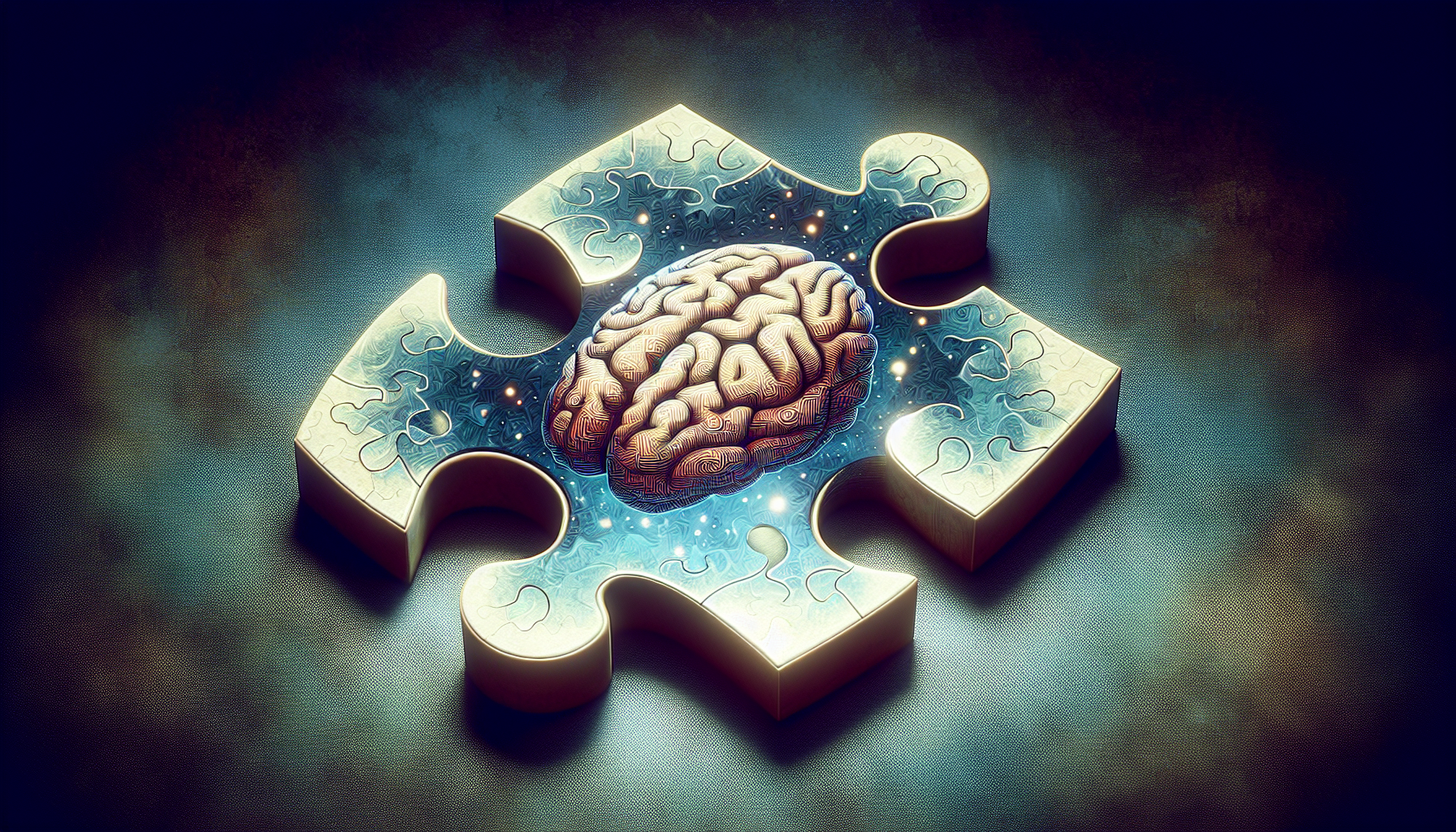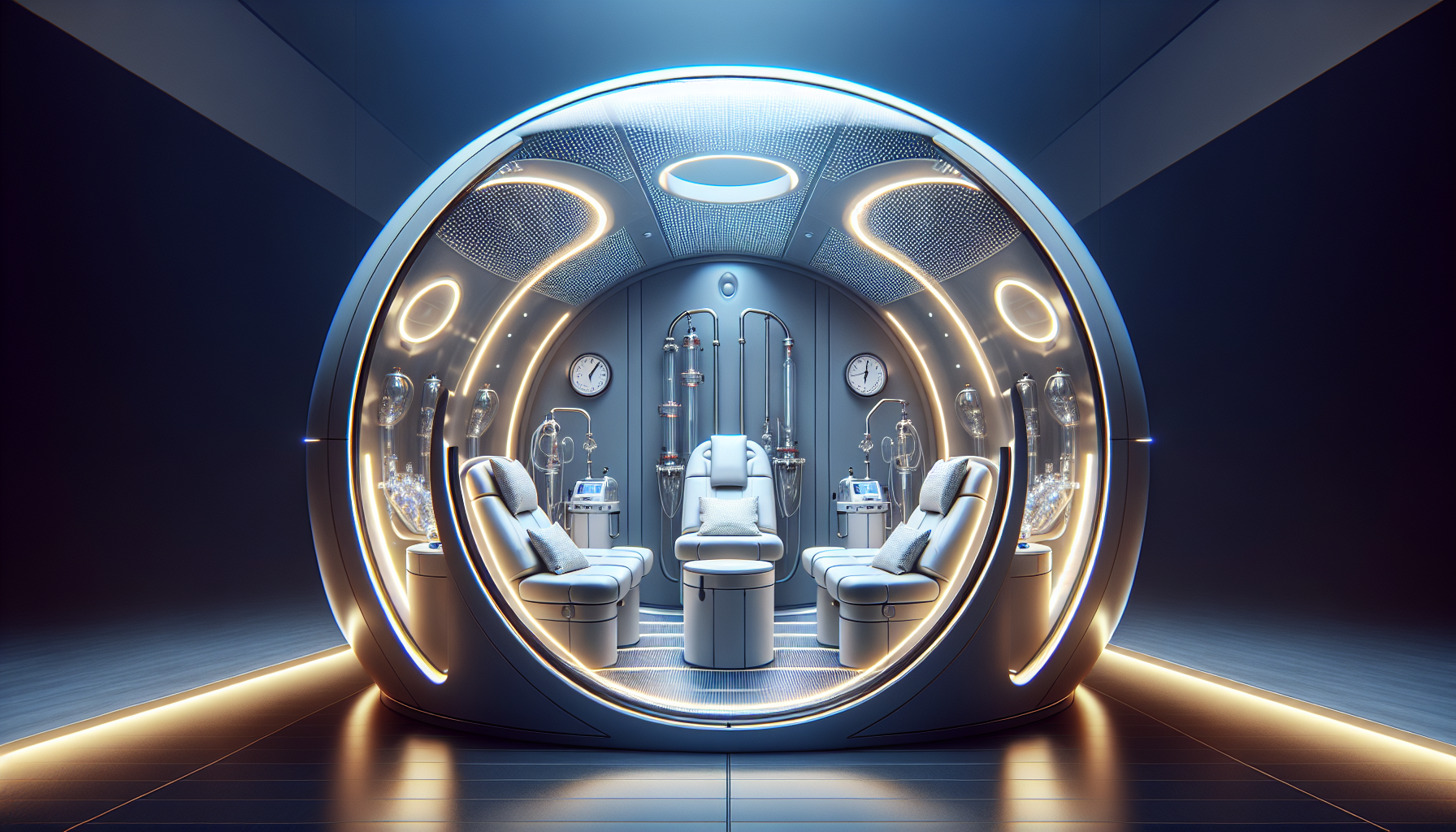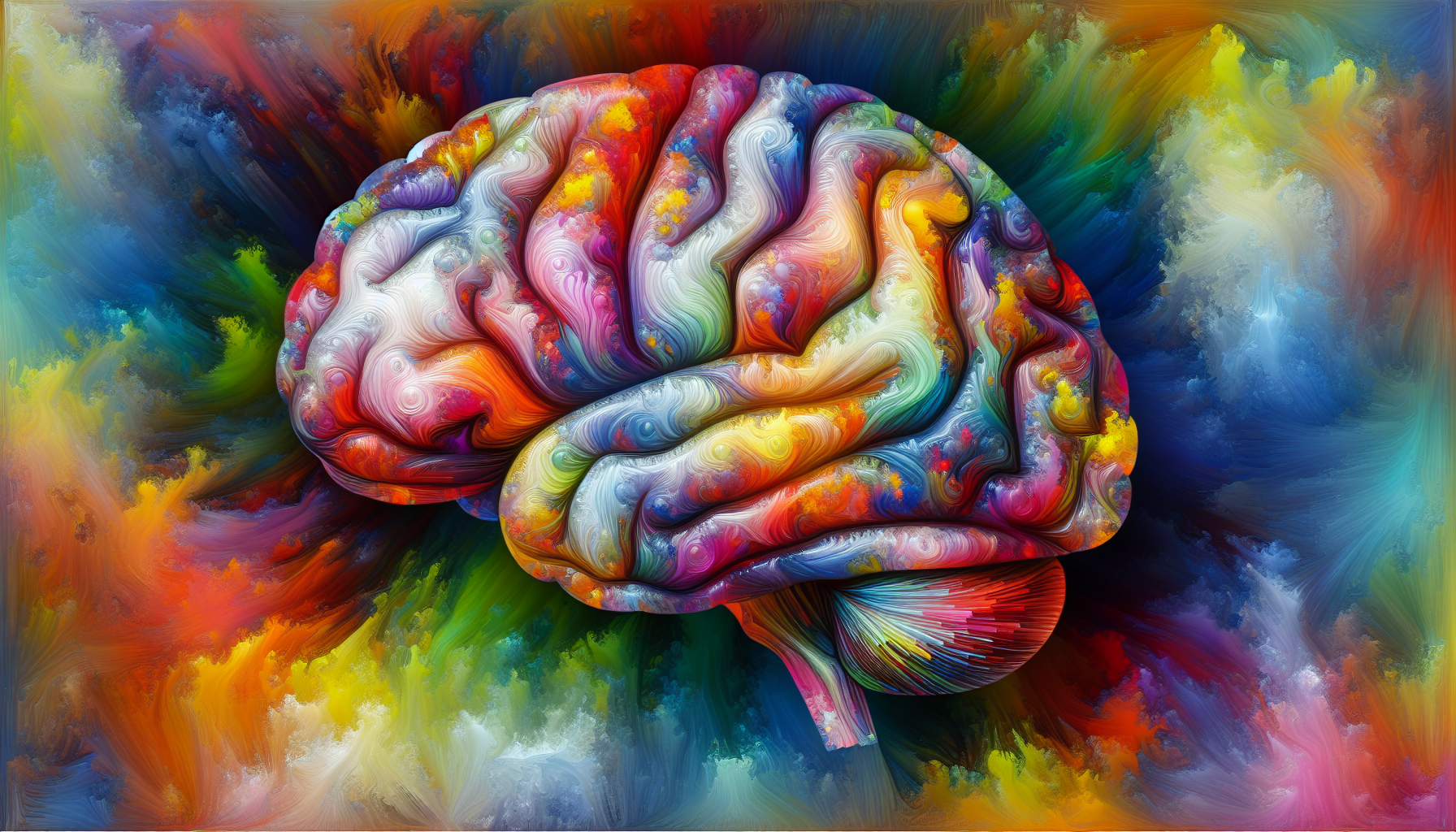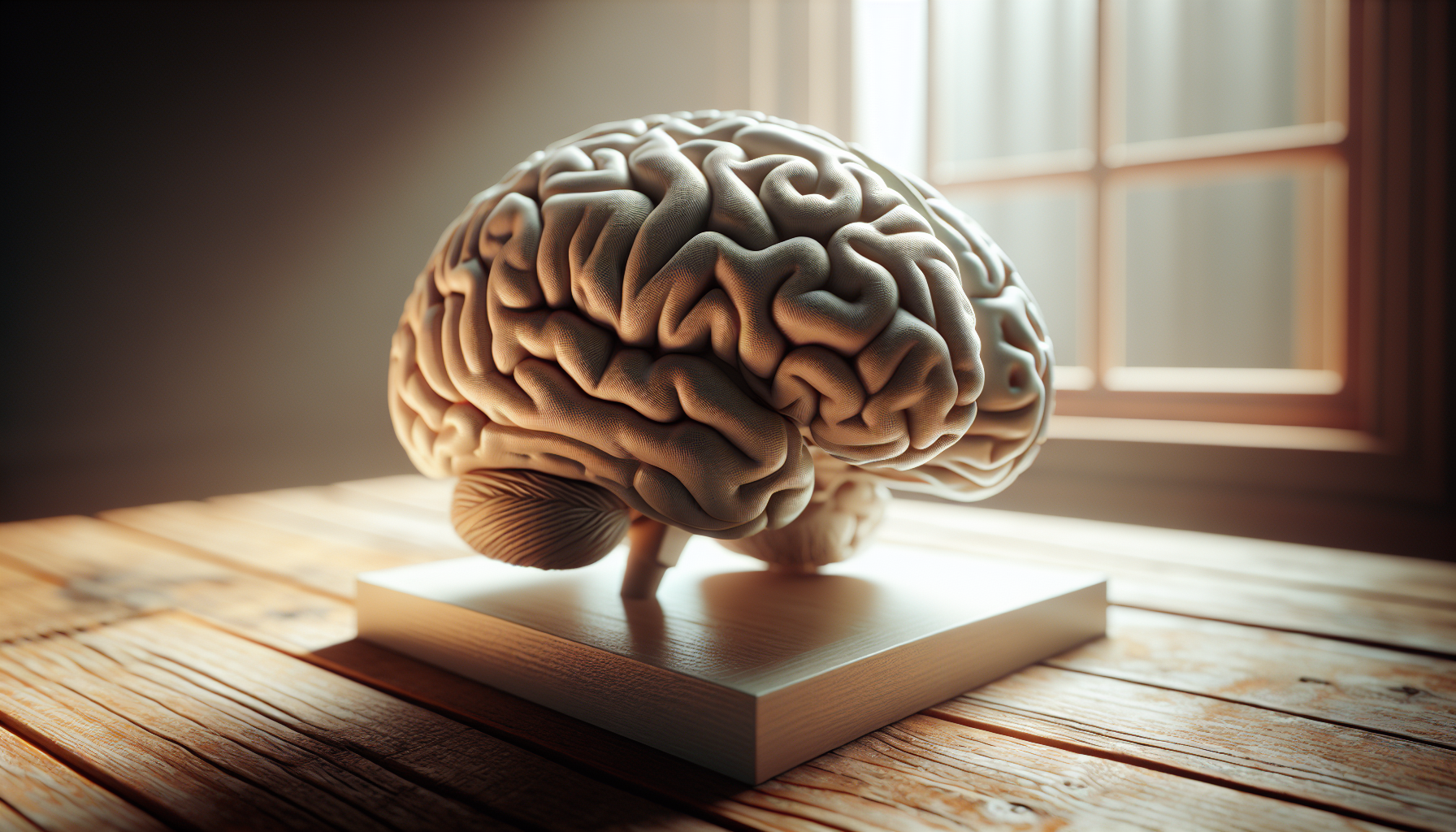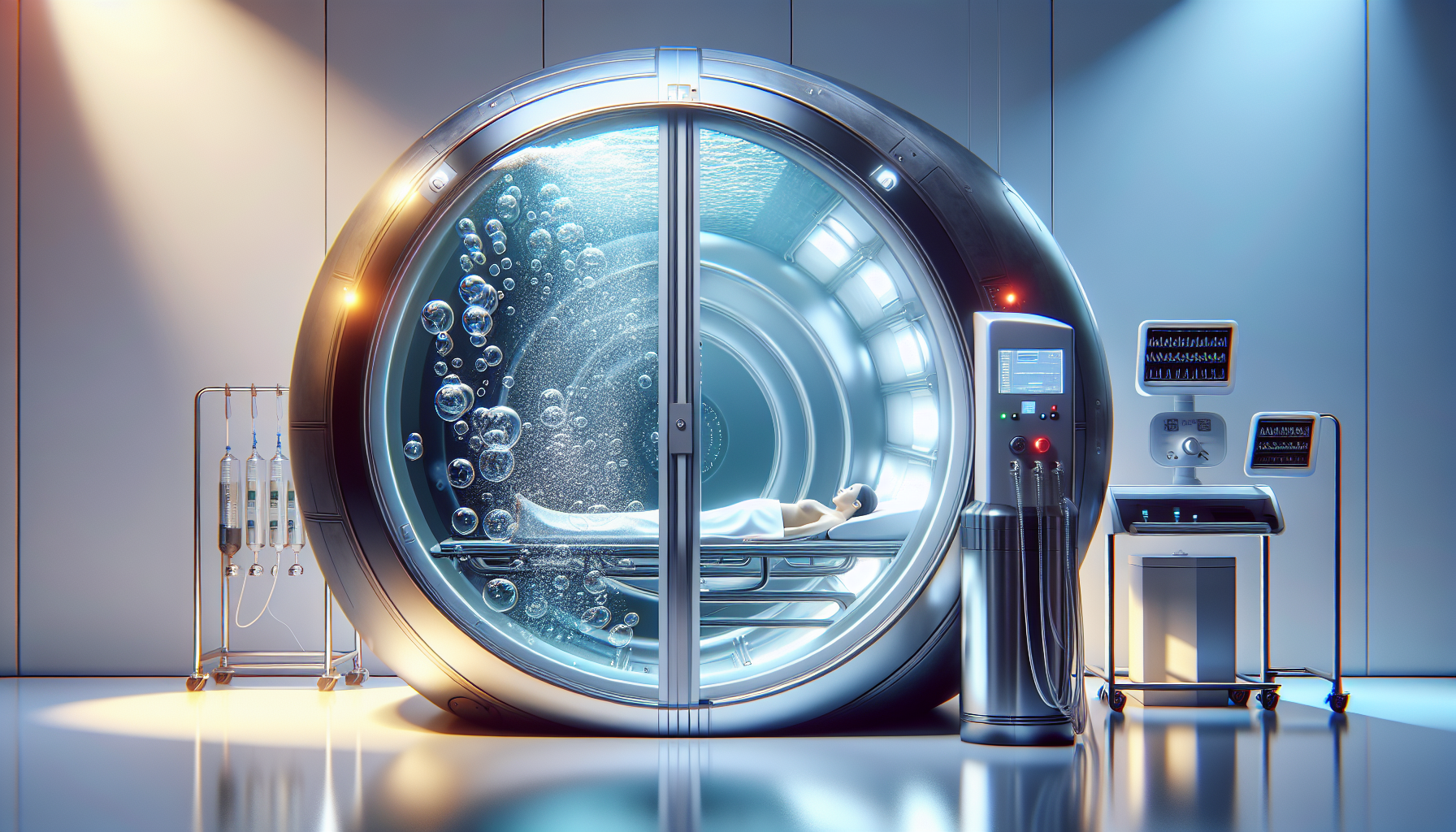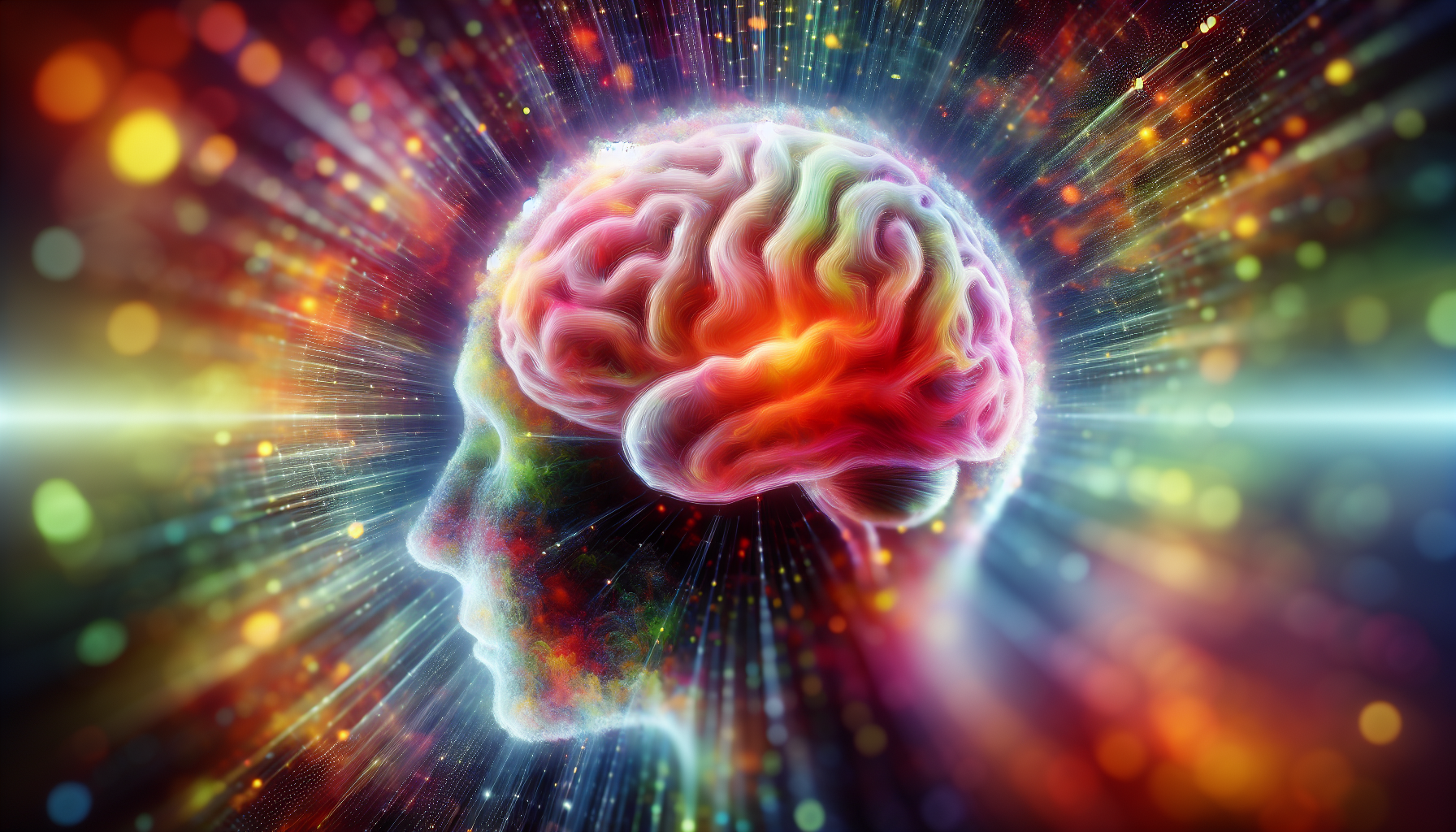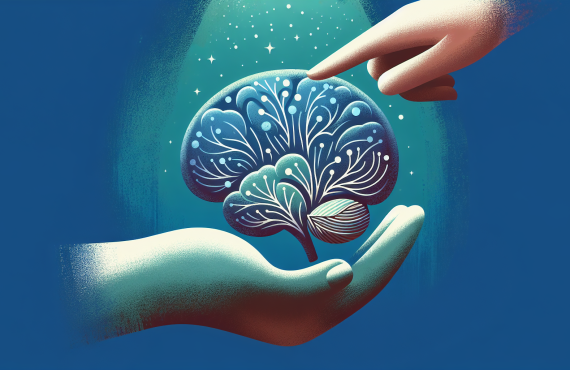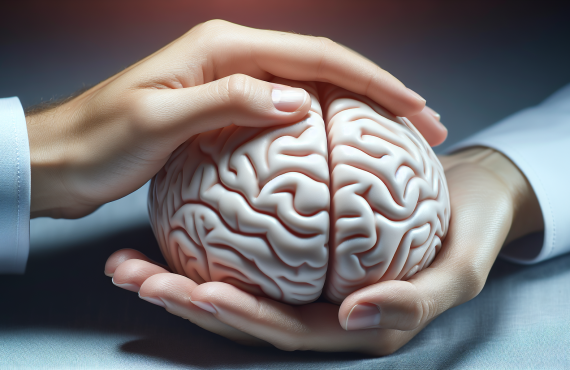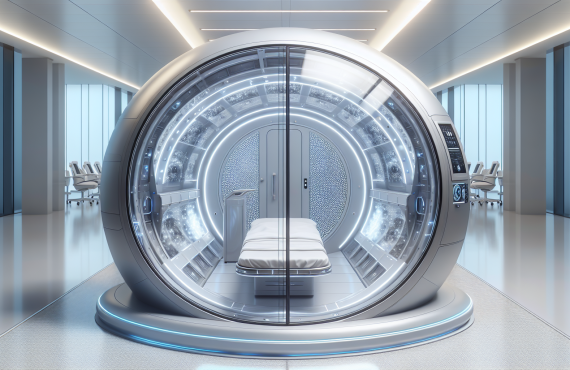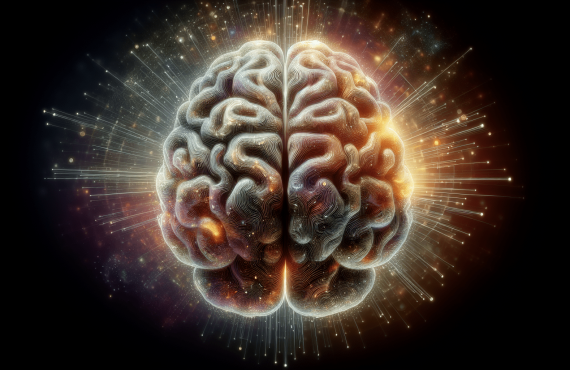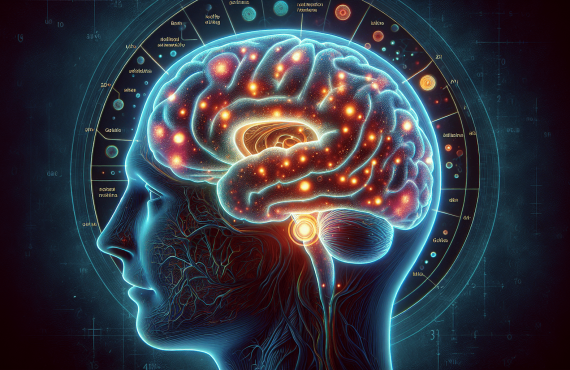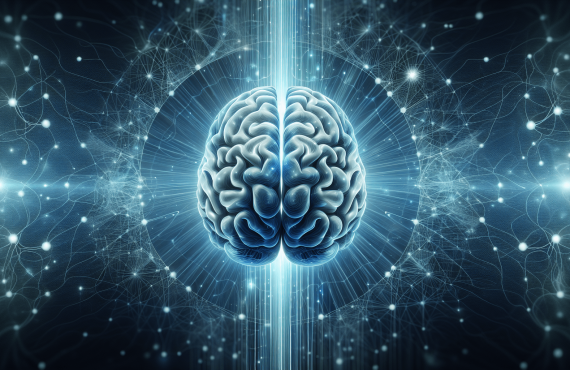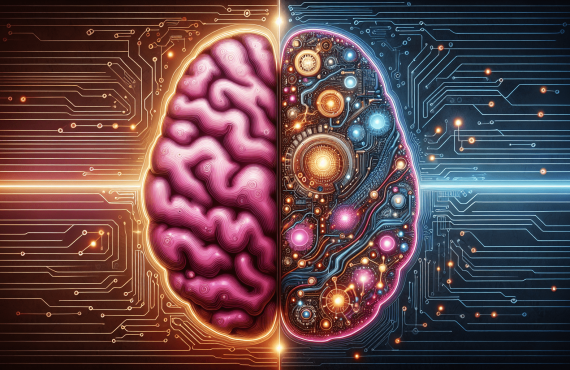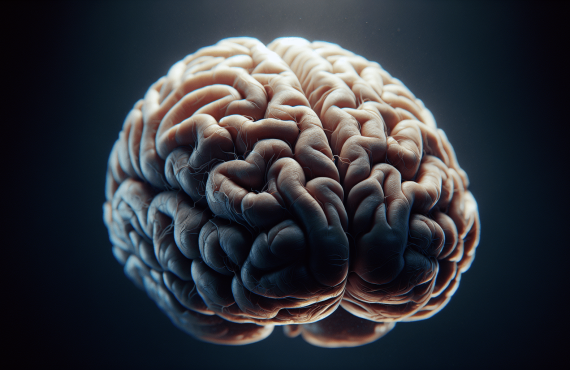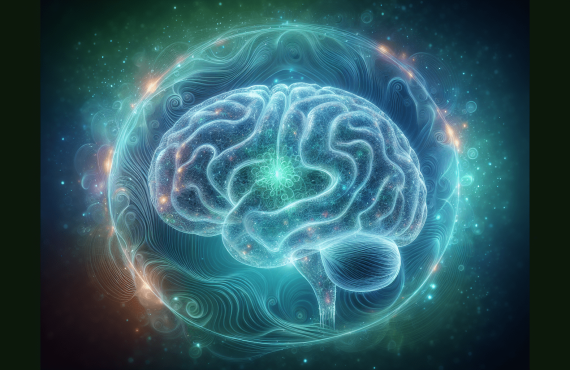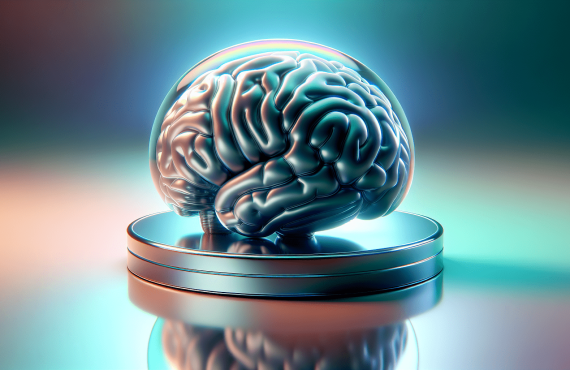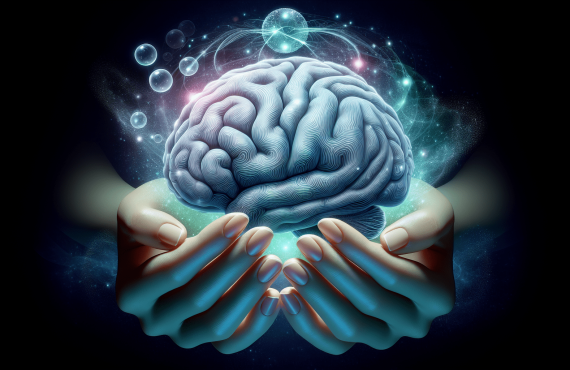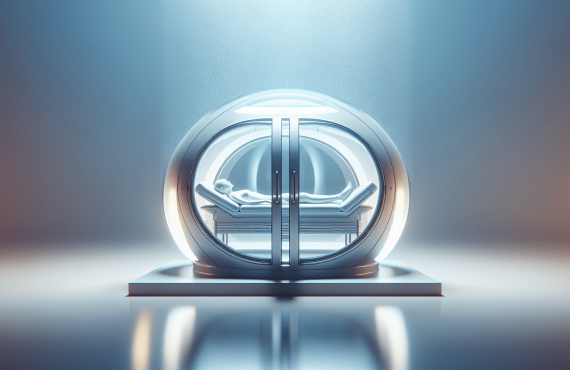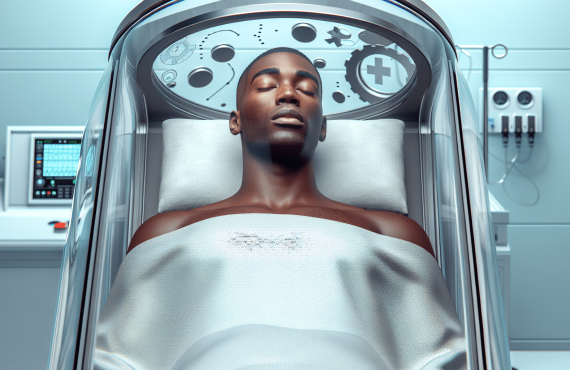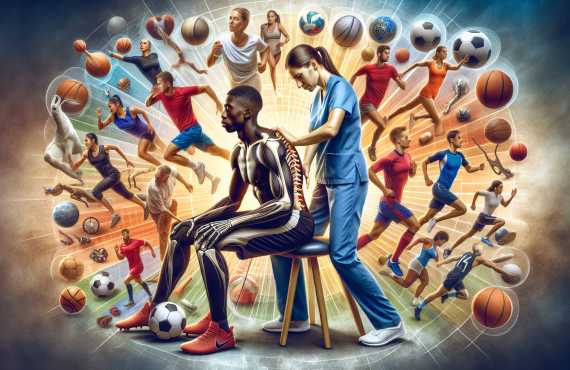Have you ever considered what happens to your brain during an injury and whether or not you’ll fully recover? It’s a question many people ponder, especially after experiencing a traumatic brain event. Understanding brain injuries and the long road to recovery can be a complex journey. Let’s take a closer look at what happens when the brain gets injured and the paths to healing and wellness.
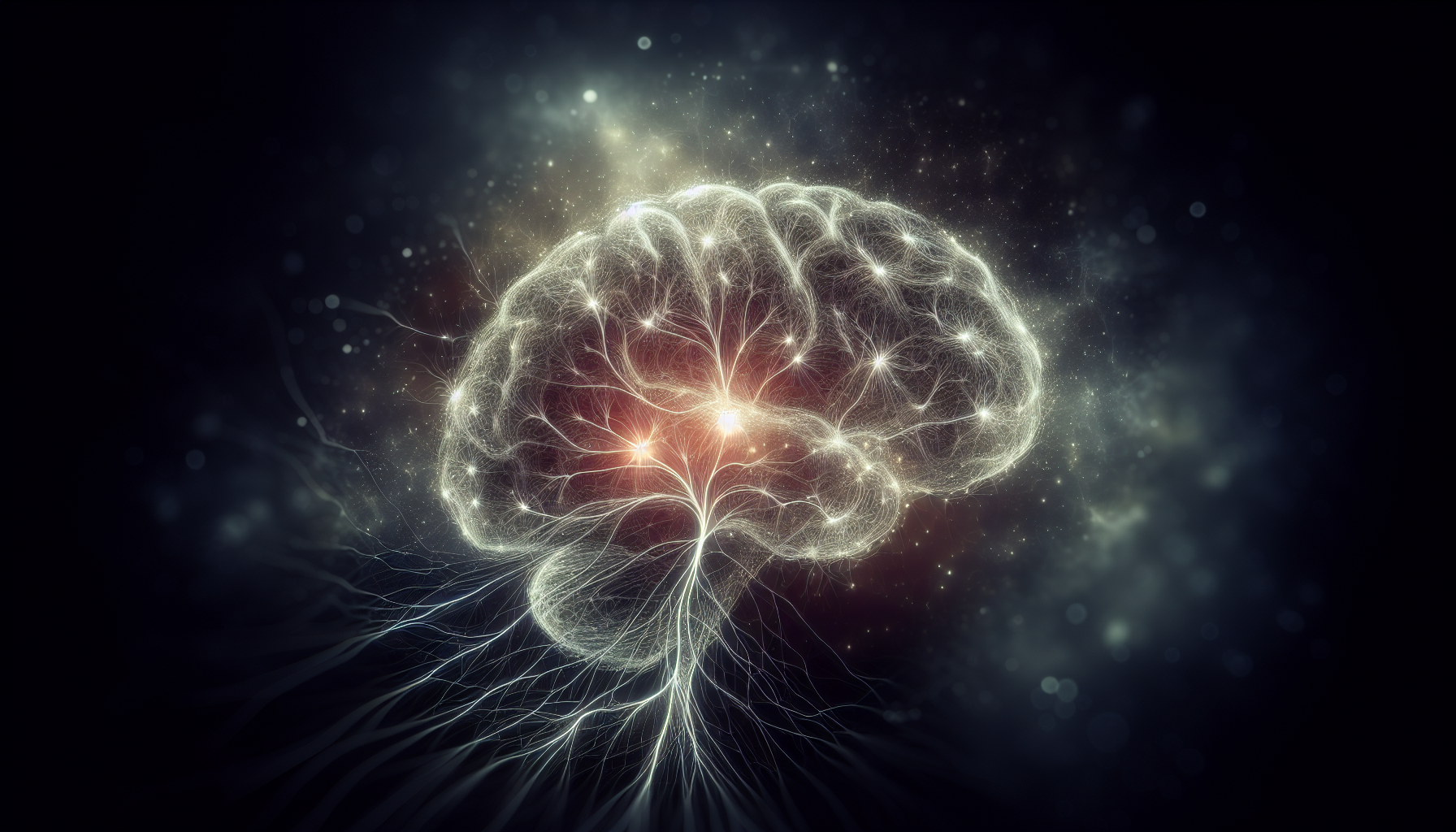
Table of Contents
Understanding Brain Injuries
Brain injuries can range from mild to severe, impacting various aspects of daily living. The nature of a brain injury often dictates the recovery process. Common causes include falls, vehicular accidents, sports injuries, and violent assaults. The brain is a delicate organ, cushioned by fluid and encased within the skull. Any significant impact can lead to bruising, bleeding, and even long-term damage depending on the injury’s severity.
Types of Brain Injuries
There are two main categories of brain injuries:
1. Traumatic Brain Injury (TBI): This type results from an external force impacting the brain. TBIs can be mild (such as concussions) or more severe, like contusions or lacerations.
2. Acquired Brain Injury (ABI): These injuries occur after birth and are not related to congenital or degenerative conditions. Common causes include strokes, tumors, and infections.
Understanding these distinctions is crucial, as they define the path for treatment and recovery. Each injury is unique, much like individuals, and thus requires a personalized approach to healing.
The Brain’s Resilience and Plasticity
Our brains possess an incredible ability to adapt and heal, known as neuroplasticity. Neuroplasticity is the brain’s way of reorganizing itself by forming new neural connections throughout life. This ability allows the brain to compensate for injury and adjust its activities in response to learning or damage.
How Neuroplasticity Works
When a brain injury occurs, the damaged areas may disrupt normal function. However, the brain begins to recruit undamaged areas to take over. This process involves:
- Neuronal Rewiring: Healthy neurons take on new roles to compensate for the injured ones.
- Synaptic Plasticity: Changes occur at the synapse level, where neurons communicate.
- Neurogenesis: In some cases, new neurons may be formed, particularly in areas like the hippocampus.
This remarkable adaptability can lead to significant improvements in function over time, although the extent of recovery varies widely.
Recovery Roadmap
Recovery from a brain injury doesn’t follow a set timeline. It varies based on numerous factors, including the injury’s severity, the individual’s health, and the support available. Let’s explore some elements that contribute to recovery.
Factors Influencing Recovery
Several factors impact how well and how quickly you might recover from a brain injury:
- Age: Younger individuals often have a higher capacity for recovery.
- Health Status: Pre-existing health conditions may influence recovery speed.
- Support Systems: Family, friends, and professional support can be crucial.
- Rehabilitation Therapy: Access to physical, occupational, visual, and cognitive therapy plays a vital role.
Understanding these factors helps in setting realistic expectations and goals during the healing journey.
Rehabilitation and Therapy
Rehabilitation focuses on restoring lost skills and adapting to the changes caused by injury. It involves a multidisciplinary approach suited to addressing physical, emotional, and cognitive needs.
Types of Rehabilitation
Here’s a glimpse into common rehabilitation therapies:
- Physical Therapy: Works on improving movement, balance, and coordination.
- Occupational Therapy: Aims to enable daily activity performance, like dressing or cooking.
- Cognitive Therapy: Focuses on rebuilding cognitive skills such as memory and problem-solving.
- Speech-Language Therapy: Helps in recovering communication skills and swallowing functions.
- Psychological Support: Addresses emotional challenges such as anxiety, depression, or PTSD.
Each therapy plays a crucial role in facilitating comprehensive recovery, adjusting as progress is made.
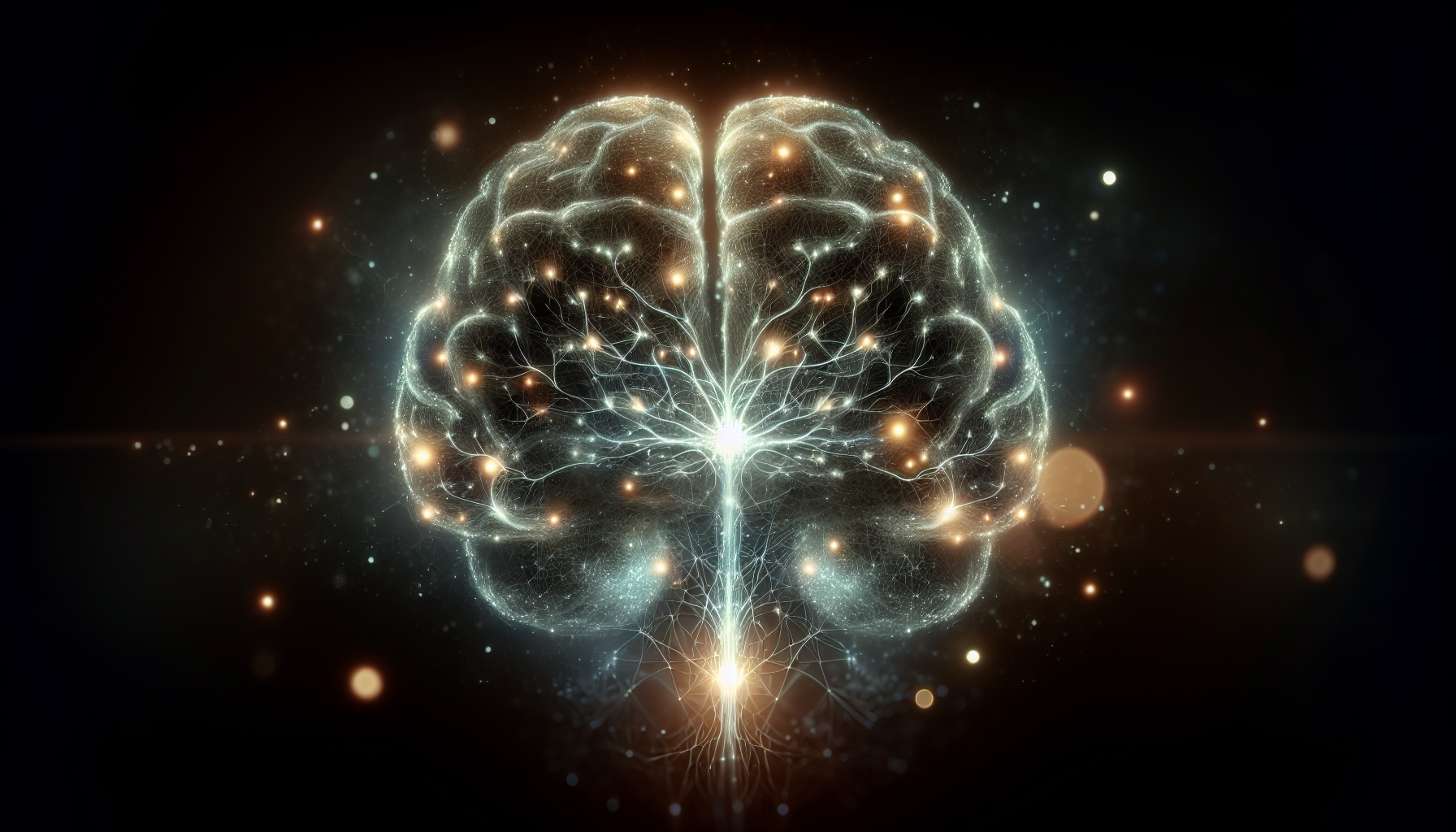
Emerging Treatments and Strategies
Advancements in brain injury treatment continually offer new hope. Among these, Hyperbaric Oxygen Therapy (HBOT) is gaining attention for its potential benefits.
What is Hyperbaric Therapy?
Hyperbaric Therapy, or Hyperbaric Oxygen Therapy (HBOT), involves breathing pure oxygen in a pressurized environment. It uses specially designed chambers to raise both oxygen pressure and concentration in the body, fostering various health benefits.
How Hyperbaric Therapy Works
In a hyperbaric chamber, pressure increases, enhancing the blood’s oxygen content. This oxygen-rich blood:
- Reaches areas with low oxygen supply
- Stimulates natural healing processes
- Promotes tissue repair and reduces inflammation
- Boosts immune function and aids angiogenesis, fostering new blood vessels and regeneration
This therapy is becoming part of rehabilitation for some brain injury patients, offering promising results in enhancing brain recovery.
Emotional and Lifestyle Impact
A brain injury extends its reach far beyond physical impact. Emotional and lifestyle changes play a significant role in the post-injury journey.
Coping with Emotional Changes
Emotional recovery is as crucial as physical healing. Brain injuries can lead to mood swings, frustration, depression, and anxiety. Understanding and addressing these emotions is vital for overall recovery.
Adapting to Lifestyle Changes
After an injury, daily routines and lifestyle might require adjustments. This can involve establishing new habits, hobbies, and routines that align with current capabilities. A supportive network and professional advice can aid in this transition.
Frequently Asked Questions
Q1: Can a brain injury heal completely?
A: Full recovery varies widely among individuals. While some may experience significant improvements, others may continue to face certain challenges. Early intervention and therapy enhance recovery prospects.
Q2: Is Hyperbaric Therapy suitable for all brain injury patients?
A: Not all patients may benefit from HBOT. Suitability depends on the type and severity of the injury. A healthcare professional can provide personalized advice.
Q3: How long does rehabilitation take following a brain injury?
A: The duration of rehabilitation depends on the injury severity and individual progress. Some people may recover within months, while others may need years of ongoing therapy.
Q4: What should be the focus during emotional recovery?
A: Emotional recovery should focus on recognizing and managing emotions, seeking professional guidance, and fostering social support networks.
Q5: How can families support a loved one with a brain injury?
A: Families can offer practical help, understand emotional changes, and seek information about the injury and recovery process to better support their loved one.
Conclusion
Brain injuries are life-altering events. The journey to recovery, while challenging, is also filled with potential for healing and adaptation. With the right support, therapies, and emerging treatments like Hyperbaric Oxygen Therapy, there is hope for regaining much of what was lost. Whether you or someone you know is navigating this path, remember that patience, perseverance, and support can lead to profound recovery. For personalized care and support, reach out to specialists like those at Henry Chiropractic.
For more information or to book a consultation, contact:
Henry Chiropractic
1823 N 9th Ave
Pensacola, FL 32503
(850) 435-7777
Dr. Craig Henry’s Website
By taking an informed and proactive approach, recovery becomes a journey filled with opportunity and resilience.


